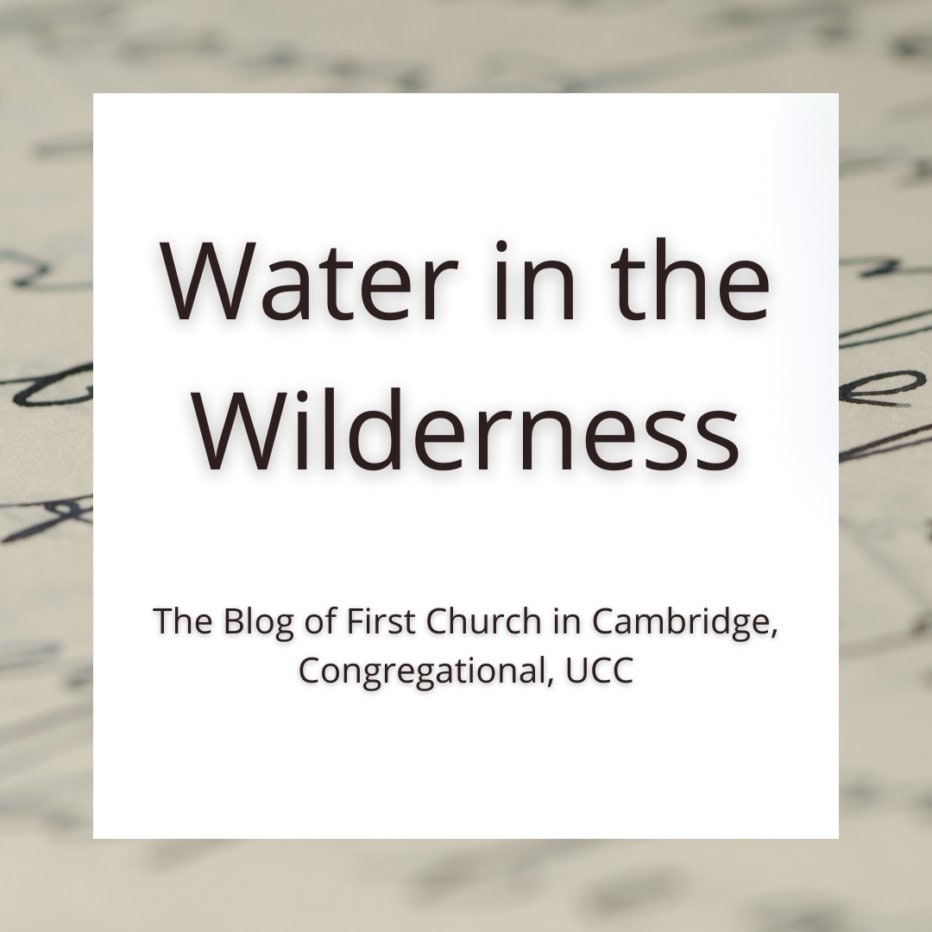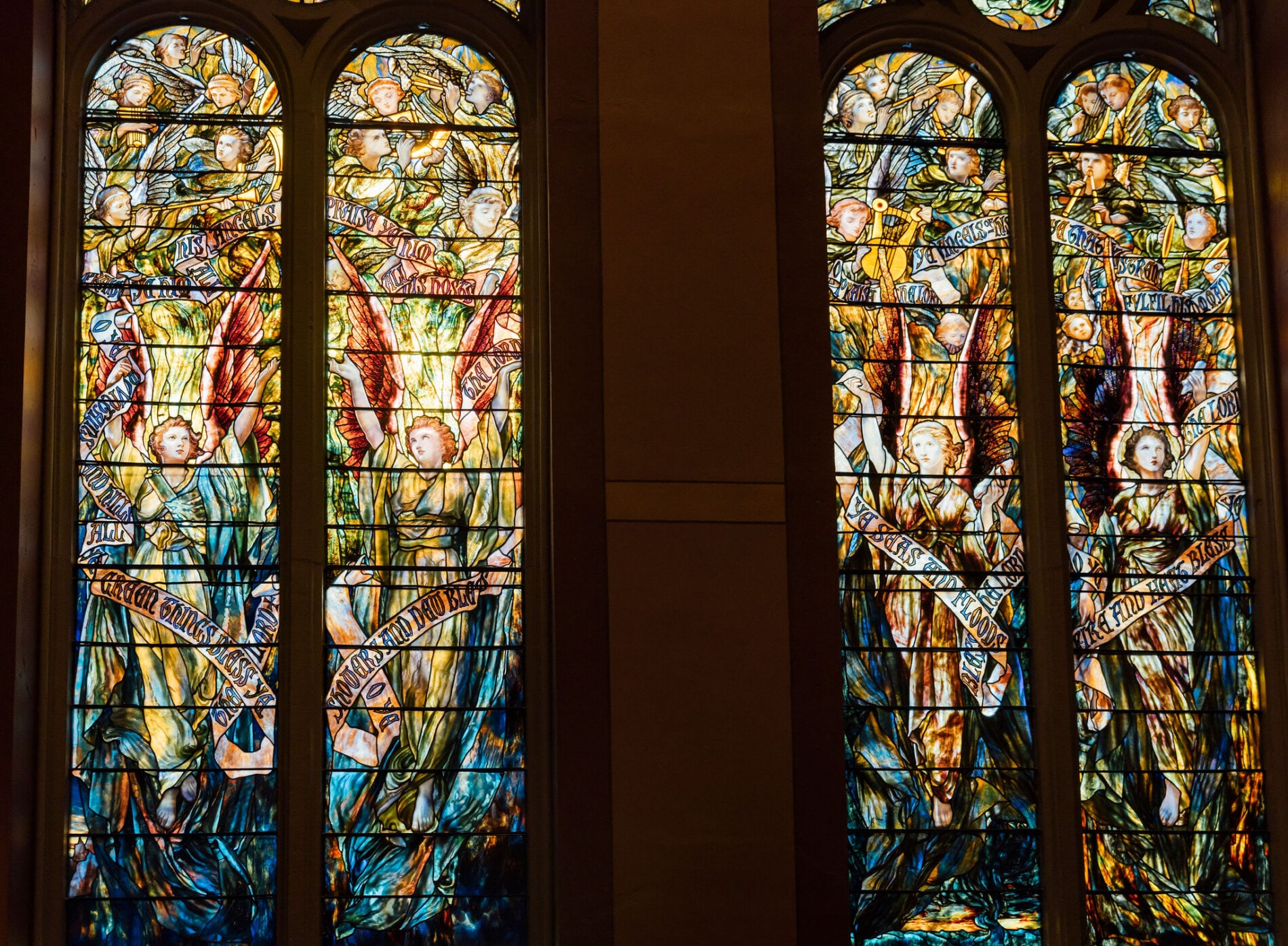
What Could Help on “Mass and Cass?”
A reflection on the situation at “Mass and Cass” from First Church Shelter Director Jim Stewart.
The “Mass and Cass” situation didn’t just happen. It is the predictable outcome of a punitive, stigma-based policy which defines certain drugs as illicit and then hunts and incarcerates those involved in their use.
This use of punishing state power has always been a defining feature of drug policy, and it is as racist as it is futile. The most frustrating thing is that concrete alternatives exist. During the ongoing public health emergency, local and state officials proved it was possible to secure and make available non-congregate shelter options so poor and unhoused people could have safe and dignified alternatives to over crowded, warehouse-like shelters.
We need to see a similar approach brought to this situation.
“Mass and Cass” has also been associated with the pandemic-exacerbated, overdose crisis that continues to ravage our siblings struggling with substance use disorder.
In Massachusetts, overdose deaths, after a modest dip, are once again at record levels. Nationally, last year alone, over 100,000 of our siblings succumbed to drug overdose.
In regard to this challenge, there is an alternative to criminalizing or blaming the victim. Safe Consumption Services (SCS) are a well trod path towards harm reduction, bringing immediate relief and community improvement. They have been proven internationally and without exception to save lives, to reduce injection-related infections such as HIV and Hepatitis, and to reduce drug-related crime and abandoned syringes.
SCS can provide an ongoing link to a critical array of treatment and social services. Indeed, studies have shown that those making use of SCS are 30-35% more likely to engage in treatment and other forms of self care and assistance, while dispelling unfounded fears of the “honey pot” effect. They work because they provide a bedrock of non-judgmental support in a non-coercive setting. Local police often refer people to SCS—they don’t drag them into it.
However, much like Suffolk County Sheriff Tompkins’s approach is dressed up in the softening language of a grant proposal, the last time Boston attempted forced “treatment,” there were 4 documented unnecessary deaths. Treatment must be voluntary.
Safe Consumption Services, physically and legally outside the “Corrections” Department, are a critical part of any plan to bring hope and stability to people in and around Mass and Cass.
To make Safe Consumption available, people of conscience should urgently communicate to their state Representatives and Senators that you support legislation legalizing it currently being considered (H2088 S1272) in both the Massachusetts House and Senate.
There are ways to bring change to “Mass and Cass.” Offering hope and positive alternatives should be what we, the people of faith who gather at 11 Garden Street, support and promote.

